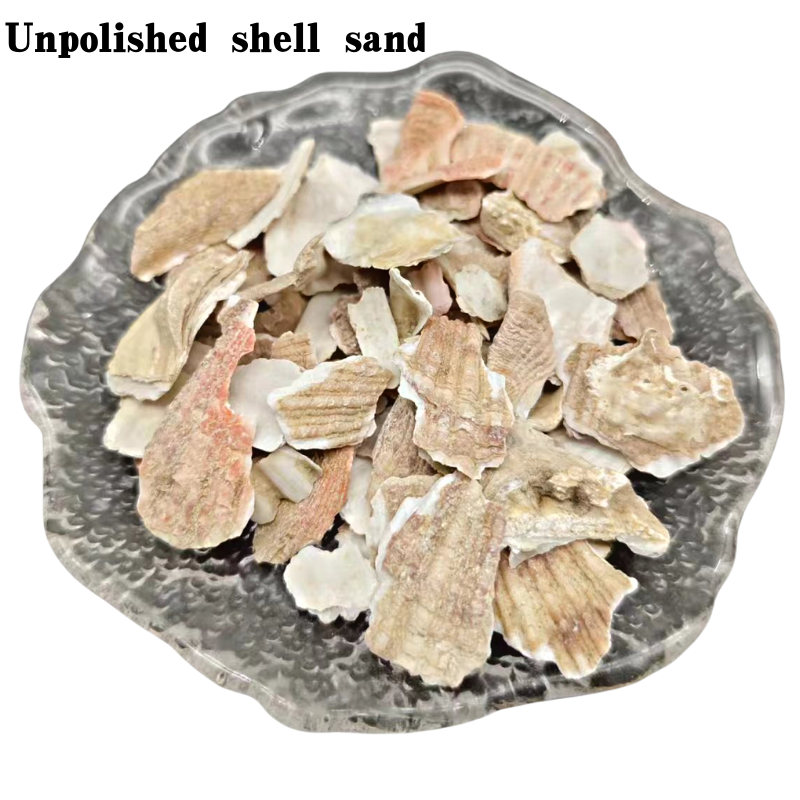
bentonite clay
Understanding Bentonite Clay Properties and Uses
Bentonite clay is a naturally occurring mineral that has gained popularity for its versatile applications in various fields, ranging from environmental to medicinal uses. Named after Fort Benton in Wyoming, where it was first discovered, bentonite clay is primarily composed of montmorillonite, a type of smectite clay. This unique mineral has the remarkable ability to swell when exposed to water, leading to its numerous beneficial properties.
One of the most notable features of bentonite clay is its high adsorption capacity. This means that it can effectively bind and remove impurities, toxins, and contaminants from various substances. This property makes bentonite clay an excellent choice for applications in water treatment, where it is employed to remove heavy metals and other pollutants from wastewater. By adding bentonite to contaminated water, the clay particles adhere to the toxins, allowing for easier removal and purification of the water.
In addition to its environmental applications, bentonite clay is widely used in the cosmetic industry
. It is a popular ingredient in face masks, cleansers, and other skincare products due to its ability to absorb excess oil and impurities from the skin. The clay’s fine particles create a soft, detoxifying paste that helps unclog pores and exfoliate dead skin cells. As a result, many individuals turn to bentonite clay for its natural and effective skin-cleansing properties, making it a favored choice among those seeking to maintain healthy, radiant skin.bentonite clay

Furthermore, bentonite clay has been utilized in traditional medicine for centuries. It is known for its healing properties and is often consumed or applied topically to treat a variety of ailments. In alternative medicine practices, bentonite clay is believed to aid in detoxification by binding to toxins within the body and promoting their elimination. Some proponents also claim that the clay can support digestive health, reduce inflammation, and alleviate symptoms of various skin conditions. However, it is important for individuals to consult healthcare professionals before using bentonite clay for medicinal purposes to ensure safety and effectiveness.
In agriculture, bentonite clay plays a crucial role as a soil amendment. Its ability to retain moisture and improve soil structure makes it valuable for enhancing plant growth. When mixed into the soil, bentonite helps to increase nutrient retention and improve aeration. As a result, farmers and gardeners often incorporate bentonite into their soil management practices to promote healthier crops and improve yields.
Moreover, bentonite clay is extensively used in the drilling industry. Due to its excellent rheological properties, it is a key ingredient in drilling mud. When mixed with water, bentonite forms a thick, viscous fluid that helps to stabilize boreholes, remove cuttings from the drilling site, and prevent the collapse of the well. This application underscores the versatility of bentonite clay and its importance in various industrial processes.
In conclusion, bentonite clay is a remarkable natural resource with a wide array of applications. From environmental remediation to cosmetics and traditional medicine, its unique properties make it invaluable across multiple sectors. As interest in natural and sustainable products continues to grow, the demand for bentonite clay is likely to increase. Its ability to detoxify, purify, and enhance quality of life stands as a testament to the power of this extraordinary mineral. Whether used for personal care, agriculture, or industry, bentonite clay offers an eco-friendly solution to many modern challenges, solidifying its place as a staple in both traditional and contemporary practices.
Share
-
Premium Glass Sand Solutions | High Purity SupplyNewsAug.03,2025
-
Premium Talcum Powder Enhanced with GPT-4 Turbo | Soft & Long-LastingNewsAug.02,2025
-
Fly Ash Solutions Enhanced by GPT-4 Turbo | Sustainable InnovationNewsAug.01,2025
-
Natural Premium Bentonite Cat Litter - Superior ClumpingNewsJul.31,2025
-
Premium Resin Coated Sand - High Heat Resistance CastingNewsJul.31,2025
-
High Quality Silicon Carbide Grit for Abrasive ApplicationsNewsJul.30,2025






